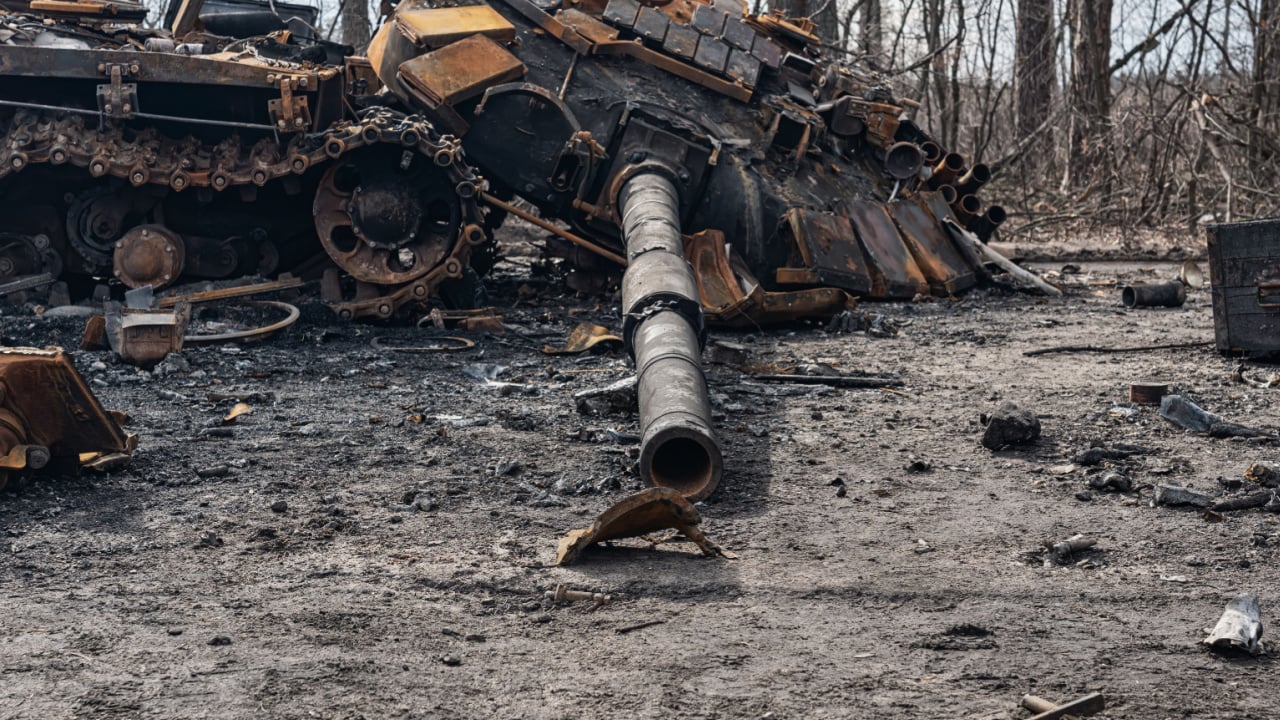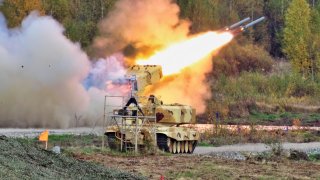Will the Ukraine War End in 2025?
There are four reasons why the coming year could be the year the Ukraine war ends—and plenty of reasons why it might continue for the foreseeable future. Principal among these is the huge gap between Putin and Zelensky on potential terms. The factors favoring an end to the war appear to be gaining.
There are four reasons why the coming year could be the year the Ukraine war ends—and plenty of reasons why it might continue for the foreseeable future. Principal among these is the huge gap between Putin and Zelensky on potential terms. The factors favoring an end to the war appear to be gaining. What are these factors?
First, there is Ukraine’s brilliant and bold military move into Russia in the Kursk region. In the short term, it has been very impactful, bringing the war home to Russia and demonstrating that Russia is vulnerable. This development has likely made Putin’s continued war more controversial among Russians. The attack against Russia has also been a morale booster in Ukraine. During much of 2024, the Ukrainians were struggling militarily and suffering economically, resulting in waning support for the war. The attack also slowed the decline in Western political support for the war in Ukraine. It has imposed additional military and reputational costs on Russia. And if the occupation of Russian territory can be sustained, this can be a bargaining chip in any negotiations about the end of the war.
Second, at the same time, Ukraine’s advance into Russia has been risky. Some 10,000 troops had to be pulled away from their previous critical defense mission in Eastern Ukraine, an opportunity for Russia to exploit as they have indeed done, especially in Donetsk, where Putin is making progress. Russian tactics are becoming ever more brutal, resulting in increased casualties and losses for Ukrainians both on the battlefield in Eastern Ukraine and elsewhere. The Russian objective appears to be to cripple Ukraine’s energy infrastructure for the coming winter. It has intensified attacks against Ukraine’s power generation. This pattern is likely to continue. The result will likely be to reduce the availability of power to around twelve hours per day, a considerable burden for the civil population and likely to make the continued war more unpopular.
Third, both Russia and Ukraine’s options for major military escalation are very limited and risky. Ukraine would ideally like large numbers of long-range weapons with which to threaten more of Russia or more direct involvement of NATO or members of NATO in the conflict. The country’s leader and his team likely judge that these are the steps that can move the war in their favor. However, prospects for both options are not good because of the potential risks associated with escalation and conflict between Russia and the West, as assessed by American and other key Western leaders.

Russia, meanwhile, has threatened at times to resort to nuclear weapons. However, such a move would have risks on multiple fronts and is unlikely to be exercised except in circumstances so extreme as to make them highly unlikely.
The realistic options are a settlement soon or a settlement after more years of the same.
Fourth. Trends in the United States and Europe do not favor an indefinite extension of the war. The U.S. role has been critical in supporting Ukraine’s heroic resistance, and the Europeans have been the second most important source of support. However, in the aftermath of our presidential elections, the United States is likely to reduce its support over time. A President Trump will quickly push for a diplomatic settlement, but a President Harris, too, will have a hard time sustaining current levels of support. The trend in Europe, especially in Germany in the aftermath of the recent elections, in which groups opposing support for the war in Ukraine performed well, will likely result in Berlin adjusting its policy significantly. German chancellor Olaf Scholz has already announced his determination to push for a peace agreement via a peace conference, one in which, unlike the last peace conference in Switzerland, Russia is included.
In the aftermath of our elections, the United States and our allies should embrace a negotiated settlement of the war in Ukraine as our overarching objective. In support of this goal, the strategy must be two-pronged: support for Ukraine must remain vigorous because, without that, Putin will not be interested in a negotiated settlement, and an equally vigorous engagement with both Russia and Ukraine on modalities of negotiations and terms for a reasonable outcome (See my recent article, “Ending the War in Ukraine: A Potential Roadmap for Peace”).
About the Author:
Zalmay Khalilzad is the former U.S. Ambassador to the United Nations. Follow him on X: @realzalmayMK.
Image: Shutterstock.


